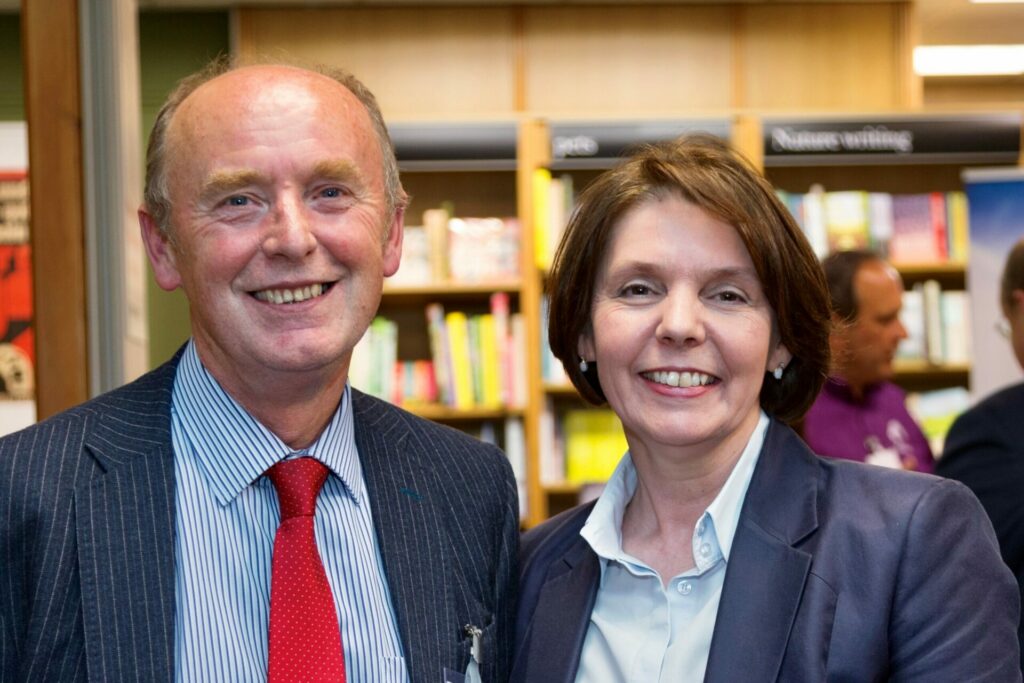A new report from Now: Pensions and the Pensions Policy Institute (PPI) reveals significant disparities in pension savings, particularly affecting single parents.
According to “The underpensioned: defining the gender pension gap” report, single mothers earn 53% less than the average man and 37% less than the average woman, while single fathers earn 32% less than the average man. This income gap is primarily due to differing working patterns between genders, impacting women’s pension wealth by 33%.
By their late 50s, women’s pension wealth is just 62% of men’s, with UK women retiring with an average of £69,000 in their pension pot, significantly lower than the £205,000 average for men.
The report also highlights the low labour market participation rate of single mothers, the lowest among all groups studied. Women, on average, spend 10 years out of the workforce for family or caregiving responsibilities, resulting in a loss of approximately £39,000 in pension savings. In contrast, fathers represented a smaller proportion of stay-at-home parents, with their numbers slightly increasing from 2019 to 2022.
Furthermore, 54% of single mothers are employed part-time, well above the UK average of 21%. This contributes to a third of working single mothers being ineligible for a workplace pension under auto-enrolment rules, despite 59% of them being employed. Since the introduction of auto-enrolment in 2012, this demographic has missed out on over £852 million in pension savings.
Lauren Wilkinson, senior policy researcher, and John Adams, senior policy analyst at PPI, commented on the findings: “This report explores the impact of factors that contribute to inequality in retirement outcomes between men and women, in order to provide greater clarity on how to define the gender pension gap and support effective policymaking decisions to narrow the gap.”
















